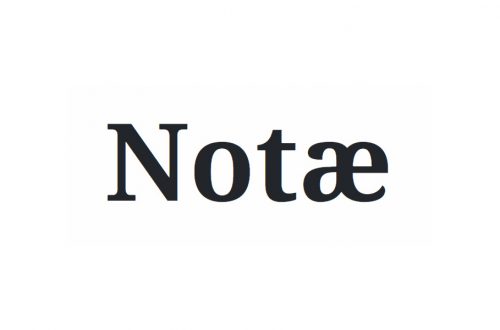“Contemplative Pedagogy: Notes on Educating Screen-Addled Students,” by Mike St. Thomas for Mere Orthodoxy

“Other teachers have had similar experiences with their students in their own subject areas. Our attempts to introduce them to things we know to be good, true, and beautiful—a novel, a painting, a mathematical concept—are often met with apathy more than engagement, with vacant expressions more than rapt attention. Objective reality and subjective experience are dissonant; they often seem “out of tune” with the world, as Wordsworth put it more than two centuries ago. Yet to blame our students would be to miss the mark. What part of their screen-addled childhood has trained them to listen carefully, look closely, and think deeply?”
“Imaginary Numbers May Be Essential for Describing Reality,” by Charlie Wood in Quanta Magazine

“Imaginary numbers, labeled with units of i (where, for instance, (2i)2 = -4), gradually became fixtures in the abstract realm of mathematics. For physicists, however, real numbers sufficed to quantify reality. Sometimes, so-called complex numbers, with both real and imaginary parts, such as 2 + 3i, have streamlined calculations, but in apparently optional ways. No instrument has ever returned a reading with an i. Yet physicists may have just shown for the first time that imaginary numbers are, in a sense, real.”
“What Does ‘Back to Normal’ Mean?,” by Peter Leithart in First Things

“There’s an inherent tension in modern freedom even if we leave acceleration out of the picture. On the one hand, we have far more freedom of choice than past civilizations. On the other hand, modern societies are interdependent to an unprecedented degree. Our complex webs of dependence must be coordinated, but coordination inhibits freedom of choice and action. Add in the acceleration made possible by communications and transportation technologies, and the tension intensifies. While free, we ‘feel completely dominated by an ever-increasing, excessive list of social demands.'”
“The Garden of Forking Methods“ by Sofia Carozza in Church Life Journal

“Every scientist constantly comes up against the need for realism. As a banal example, we may imagine that a researcher desires to understand the role of cortical interneurons in brain function. While she may already have some ideas in mind, the only way for her to discover the truth is to set them aside and observe the brain—and not by sitting in an armchair and gazing at a model of the skull, but through taking images and performing manipulations of the neurons themselves. Scientific inquiry trains every investigator to accept that the object of inquiry determines the method by which it is known.”



